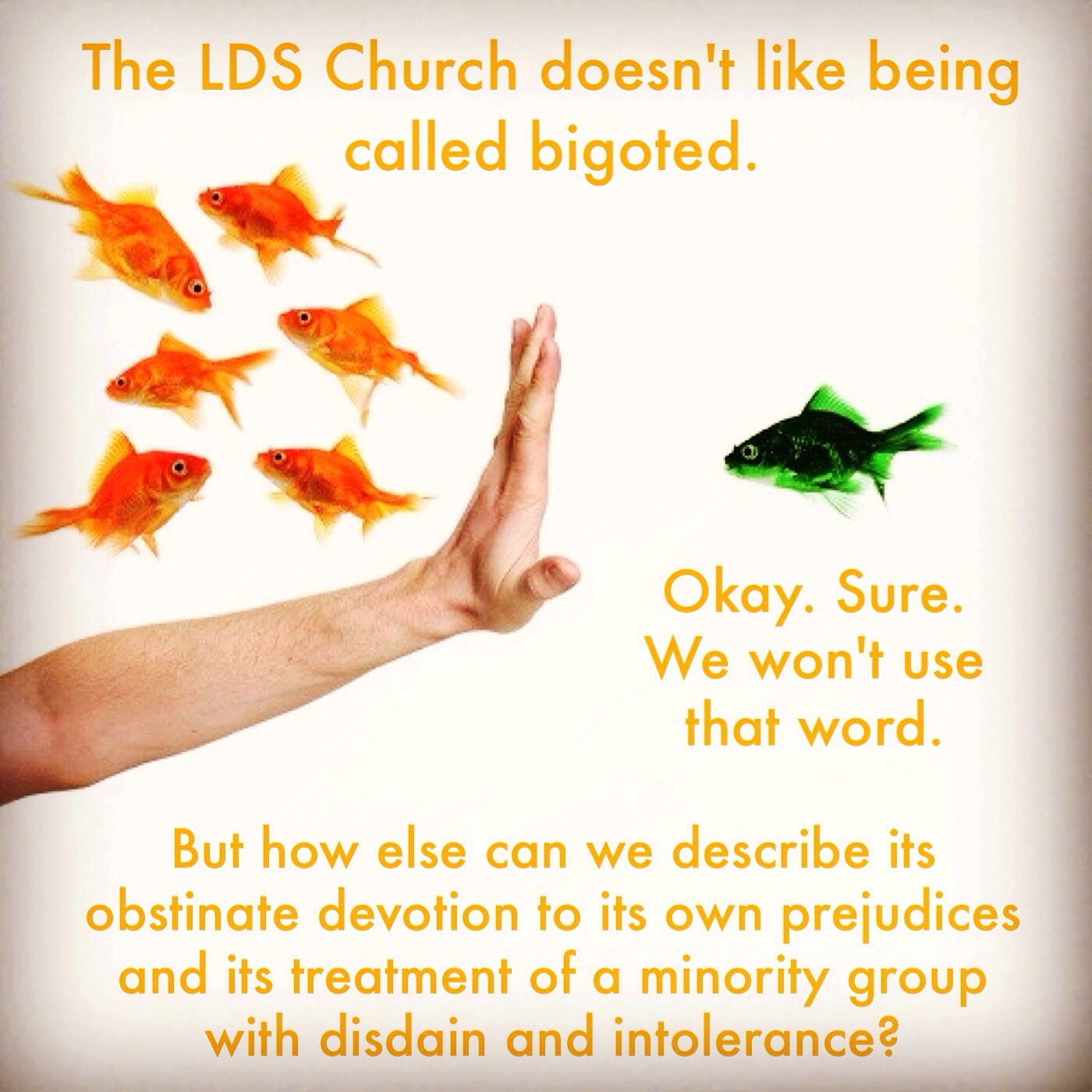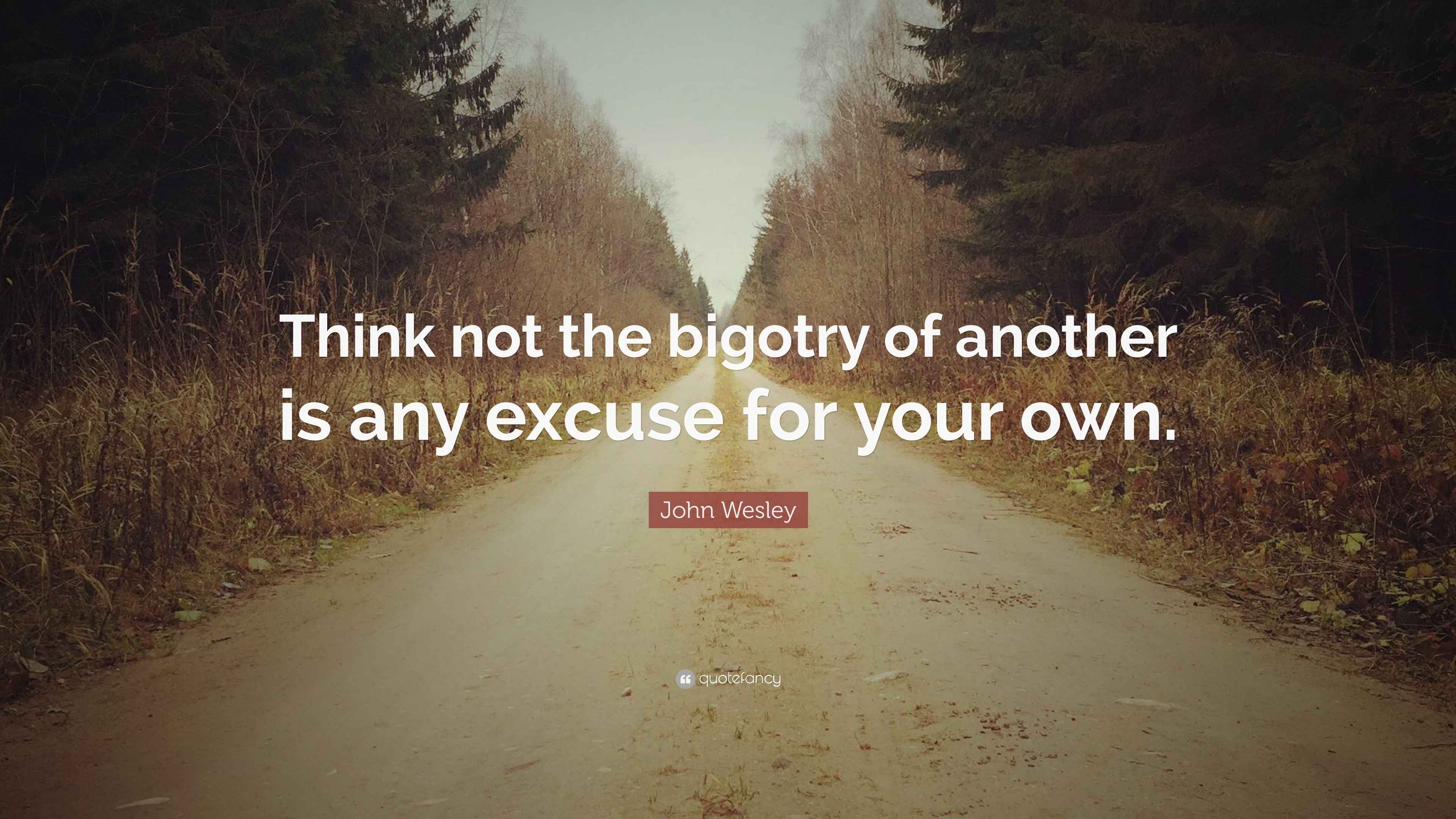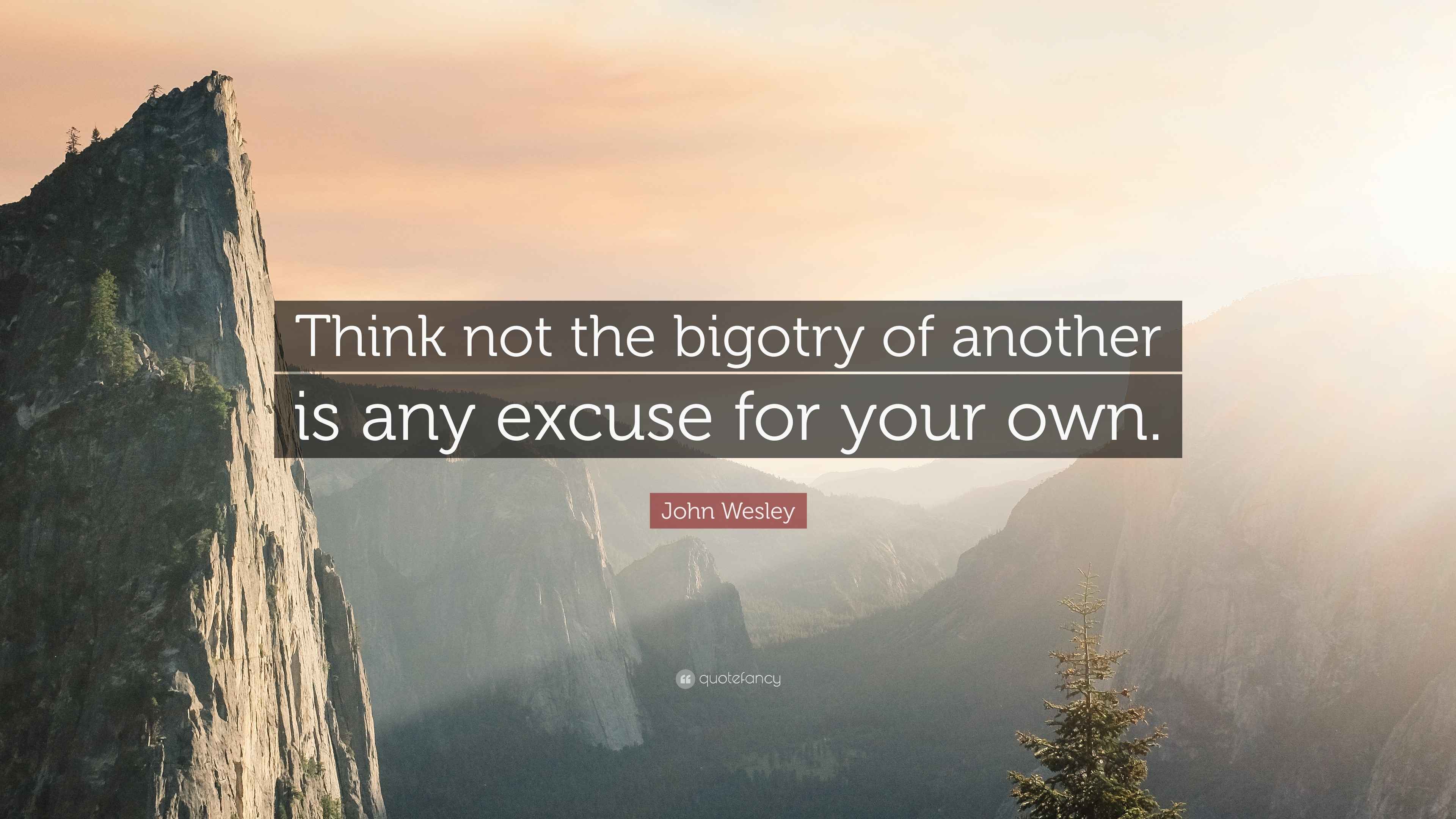Let’s cut to the chase here. Age is not an excuse for bigotry. Period. No matter how old—or young—you are, we all have a responsibility to foster understanding, empathy, and respect in our interactions with others. But here’s the kicker: this isn’t just about being polite or politically correct. It’s about recognizing that bigotry, prejudice, and discrimination harm communities, relationships, and even our own growth as individuals.
Now, I know what you might be thinking. “But isn’t it understandable if older folks grew up in a different era where things were different?” Sure, context matters. But let’s not confuse context with a free pass to spew hate or perpetuate harmful stereotypes. Bigotry doesn’t magically disappear because someone was born before smartphones or color TV.
And hey, don’t get me wrong—this isn’t just about older generations. Younger people can fall into the trap of intolerance too. Whether it’s through social media echo chambers or peer pressure, we’re all capable of letting bias creep into our lives. So, buckle up because we’re diving deep into why age should never be an excuse for bigotry, and how we can all work together to create a more inclusive world.
- Sharon Murphy 2024 The Ultimate Guide To Her Journey Achievements And Impact
- David Perry South Carolina The Man Behind The Spotlight
Understanding the Roots of Bigotry Across Generations
First things first, let’s talk about where bigotry comes from. It’s not like people are born hating others—it’s something they learn. And yeah, age plays a role in shaping those beliefs, but it’s not the only factor. For older generations, societal norms, limited exposure to diverse perspectives, and even historical events can influence their worldview. Meanwhile, younger folks might pick up prejudices from pop culture, social media, or even their own families.
Here’s the thing though: understanding the roots of bigotry doesn’t mean excusing it. We’re all products of our environments, but we also have the power to question, challenge, and change those influences. It’s about taking responsibility for our actions and words, no matter how deeply ingrained certain beliefs might seem.
How Socialization Shapes Our Beliefs
Socialization is like the invisible hand that shapes how we see the world. From childhood, we’re bombarded with messages—some subtle, some not so much—that teach us what’s “normal” and what’s “other.” Think about it: how many times have you heard someone say, “That’s just how things were back then”? It’s easy to dismiss outdated attitudes as relics of the past, but the truth is, those attitudes still linger today.
- Missing Man Found Dead The Heartbreaking Story That Shook A Community
- Alyxandra Beatris Brown The Rising Star Redefining Hollywoods Landscape
Take, for example, racial segregation or gender roles. These were once considered acceptable by many, but as society evolved, so did our understanding of justice and equality. The key takeaway here is that socialization isn’t static—it’s constantly evolving. And that gives us hope. If we can unlearn harmful beliefs, we can also relearn healthier ones.
Why Age Should Never Be an Excuse
Now let’s address the elephant in the room. Why exactly shouldn’t age be an excuse for bigotry? Well, for starters, age doesn’t determine your capacity for growth or empathy. Sure, older adults might face challenges like memory decline or resistance to change, but those aren’t insurmountable obstacles. In fact, research shows that many older adults are capable of adapting and learning new things well into their later years.
And let’s not forget the flip side of the coin. Younger generations aren’t immune to prejudice either. Just because you grew up with the internet doesn’t mean you’re automatically woke. The internet can be a double-edged sword—it connects us to diverse voices, but it also amplifies echo chambers and misinformation. So, whether you’re 20 or 80, the responsibility to confront and combat bigotry falls on all of us.
Breaking Down Generational Barriers
One of the biggest hurdles in addressing bigotry across generations is the lack of communication between them. Older adults might feel dismissed or misunderstood by younger folks, while younger generations might see older folks as stuck in their ways. This disconnect only fuels resentment and reinforces stereotypes.
But here’s the good news: bridging that gap is entirely possible. Programs like intergenerational mentoring, community workshops, and even casual conversations can go a long way in fostering mutual understanding. When we take the time to listen to each other’s stories and experiences, we start seeing each other as individuals rather than stereotypes.
The Impact of Bigotry on Society
So, what happens when we let bigotry fester unchecked? The answer is simple: it tears society apart. Whether it’s through systemic racism, sexism, homophobia, or any other form of discrimination, bigotry creates divisions that are hard to heal. It erodes trust, stifles progress, and leaves entire communities feeling marginalized and unsafe.
But the impact doesn’t stop there. Bigotry also harms the perpetrators themselves. Carrying around hatred and prejudice is emotionally exhausting, and it limits your ability to connect with others on a deeper level. Imagine missing out on meaningful relationships or opportunities simply because you refuse to see people for who they truly are. That’s the price of bigotry.
Statistics That Show the Reality of Intolerance
Let’s talk numbers for a sec. According to a 2022 Pew Research Center survey, nearly 40% of Americans believe that discrimination against racial minorities is a big problem in the U.S. Meanwhile, a 2021 study by the Anti-Defamation League found that hate crimes in the U.S. increased by 12% from 2020 to 2021. And let’s not forget the rise in anti-LGBTQ+ legislation and rhetoric in recent years.
These stats paint a sobering picture of the work that still needs to be done. But here’s the thing: they also highlight the urgency of addressing bigotry head-on. We can’t afford to sit back and wait for things to change on their own. It’s up to us to take action.
Challenging Our Own Biases
Confronting bigotry starts with examining our own biases. We all have them—it’s human nature. But the difference lies in whether we choose to acknowledge and challenge them. For older adults, this might mean revisiting long-held beliefs and questioning their validity. For younger folks, it could mean stepping out of their comfort zones and engaging with perspectives that challenge their worldview.
One effective way to do this is through self-reflection. Ask yourself: “Why do I believe this? Where did this belief come from? Is it based on facts or assumptions?” Once you’ve identified your biases, you can start working to overcome them. It’s not always easy, but it’s worth it.
Practical Steps for Overcoming Prejudice
Okay, so you’ve acknowledged your biases—now what? Here are a few practical steps you can take to overcome prejudice:
- Expose yourself to diverse perspectives by reading books, watching films, or following creators from underrepresented communities.
- Engage in open and honest conversations with people who don’t look, think, or live like you do.
- Challenge harmful stereotypes when you hear them, whether it’s in your family, workplace, or social circle.
- Support organizations and initiatives that promote equality and inclusion.
Remember, change doesn’t happen overnight. It’s a journey, not a destination. But every small step counts.
Education as a Tool for Change
Education is one of the most powerful tools we have for combating bigotry. Whether it’s formal education in schools or informal learning through conversations and experiences, knowledge has the power to break down barriers and build bridges. And here’s the cool part: education doesn’t have an age limit. Anyone can learn, grow, and evolve at any stage of life.
For older adults, lifelong learning programs and community workshops can provide opportunities to explore new ideas and perspectives. For younger folks, schools and universities can incorporate diversity and inclusion into their curricula. But education isn’t just about facts and figures—it’s about fostering empathy, critical thinking, and open-mindedness.
The Role of Technology in Promoting Inclusivity
Technology can be a game-changer when it comes to promoting inclusivity. Platforms like social media, podcasts, and online forums give a voice to marginalized communities and provide spaces for meaningful dialogue. But as we’ve already discussed, tech can also amplify bias if we’re not careful.
The key is using technology mindfully. Follow creators who challenge stereotypes and promote diversity. Participate in online discussions with respect and curiosity. And most importantly, fact-check everything you read or hear. The internet is full of misinformation, so it’s up to us to separate fact from fiction.
The Power of Empathy
At the heart of combating bigotry lies empathy—the ability to understand and share the feelings of others. Empathy allows us to see beyond surface-level differences and connect on a deeper, more human level. And the best part? Empathy isn’t something you’re born with—it’s something you can cultivate.
One way to build empathy is through storytelling. Whether it’s through books, movies, or personal anecdotes, stories help us see the world through someone else’s eyes. They remind us that despite our differences, we all share common hopes, fears, and dreams.
Building Inclusive Communities
Creating inclusive communities requires a collective effort. It’s about more than just tolerating diversity—it’s about celebrating it. This means actively seeking out opportunities to include people from all walks of life in decision-making processes, events, and conversations.
For example, businesses can implement diversity and inclusion training programs. Schools can create safe spaces for students to express themselves. And communities can organize events that highlight different cultures and traditions. Together, we can build a world where everyone feels valued and respected.
Conclusion: Taking Action Against Bigotry
Let’s recap what we’ve learned today. Age is not an excuse for bigotry. Period. Whether you’re young or old, you have the power to confront and overcome prejudice in your life. By understanding the roots of bigotry, challenging our own biases, and fostering empathy, we can create a more inclusive and equitable society.
So, here’s my call to action: take a moment to reflect on your own beliefs and behaviors. Are there areas where you could grow? How can you contribute to building a more inclusive community? Share this article with someone who might benefit from it, and let’s keep the conversation going. Because the fight against bigotry isn’t just about changing minds—it’s about changing hearts.
Table of Contents
- Understanding the Roots of Bigotry Across Generations
- How Socialization Shapes Our Beliefs
- Why Age Should Never Be an Excuse
- Breaking Down Generational Barriers
- The Impact of Bigotry on Society
- Statistics That Show the Reality of Intolerance
- Challenging Our Own Biases
- Practical Steps for Overcoming Prejudice
- Education as a Tool for Change
- The Role of Technology in Promoting Inclusivity
- The Power of Empathy
- Building Inclusive Communities
- Luke Combs Democrat Exploring The Connection Between Country Music And Politics
- David Perry South Carolina The Man Behind The Spotlight


